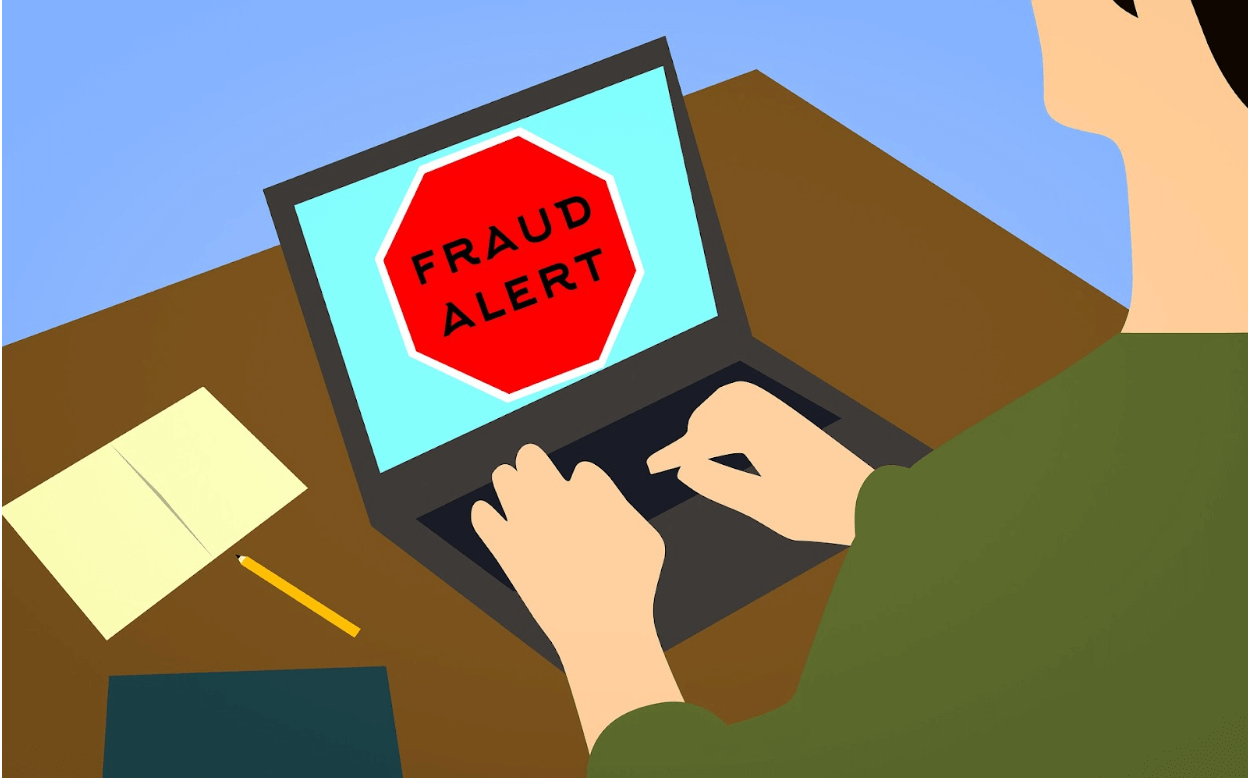Are you a small business owner looking for ways to protect your business? As a small business owner, protecting your business is essential for its success. The right safety measures can help you better manage risks and safeguard your investments. This article will provide 6 helpful tips for protecting your small business from potential threats. With these tips, you can ensure that your business is properly secured and that you comply with legal regulations. Let’s get started.
Get an Insurance Cover
Getting insurance coverage is one of the best ways to protect your small business. As highlighted by the team behind Bravo Policy, there are different insurance covers for small businesses you need to consider, such as general liability insurance, professional indemnity insurance, and employers’ liability insurance. All these covers will help protect your business from potential risks and losses.
With the right insurance cover, you can protect your business from the financial strain that emergency situations and legal claims may cause. For instance, a general liability insurance policy will help cover legal costs, medical expenses, and property damage if your business is sued for negligence. You can also get a workers’ compensation insurance policy if you have employees, as this will ensure your staff is provided with medical and other benefits in the event of an injury or illness.
Invest in Cybersecurity Measures
In today’s digital world, cybersecurity is a must. You must protect your business from malicious online threats, as these can cause major damage and losses. You should invest in the latest and most advanced security measures to protect your business from cyberattacks. This includes installing firewalls, using strong passwords, updating software regularly, and having strict access controls.
You should also consider getting a reliable antivirus program to protect your business from malware and other malicious software. Additionally, you should implement network security measures to protect your system from unauthorized access. If possible, work with IT experts to develop a cybersecurity plan for your business.
Create an Emergency Response Plan
An emergency response plan is essential in protecting your small business. This plan outlines the steps to take during an emergency situation, such as a natural disaster or cyberattack. It also sets out how you and your staff should respond to each threat. This will ensure everyone knows what to do and how to act in different situations.
The emergency response plan should include evacuation procedures, contact details for emergency services, and a list of personnel who are responsible for certain tasks. You should also have backup plans in case your primary plan fails. Additionally, ensure that you inform all staff members about the emergency response plan so they can be prepared in an emergency.
Update Your Business Practices
It is important to keep up with the latest business practices and regulations. You should review your policies and procedures regularly to ensure they are still valid and relevant. This way, you can ensure that you comply with all laws and regulations applicable to your business. Additionally, updating your business practices can help you better manage risks and protect your business from potential threats.
For example, if you have an e-commerce store, you should ensure that your website is PCI-compliant. This compliance standard helps ensure that businesses handle credit card information securely. You should also consider implementing GDPR compliance measures if you collect and process personal data from customers.
Secure Your Business Premises
Securing the premises of your small business is essential to ensure the safety of your staff and customers. You should look into installing surveillance cameras and security systems in your office or store. This will help deter criminals and protect your business from theft, vandalism, or other criminal activities.
You should also secure the windows, doors, and other entry points of your business premises to prevent unauthorized access. If possible, invest in a lockable safe to store valuable items, such as cash or documents. Additionally, you should consider getting a security alarm system that can alert you and the police in case of any suspicious activities.
Hire an Attorney

Finally, it is important to hire an experienced business attorney. An attorney can help you understand the laws related to your business and advise you on how to protect your company against potential legal issues.
Having a lawyer will also ensure that any contracts and documents related to your business are legally binding. This way, you can be sure that your rights and interests are protected in any legal disputes. For instance, an attorney can review any contracts or agreements to ensure they align with the laws and regulations applicable to your business.
Protecting your small business from potential threats is essential for its success. You can ensure that your business is safe and secure by taking the necessary steps, such as getting insurance coverage, implementing strong passwords, updating software regularly, having strict access controls, creating an emergency response plan, and hiring an attorney. Taking these measures will help protect your business and ensure it continues to be successful.

